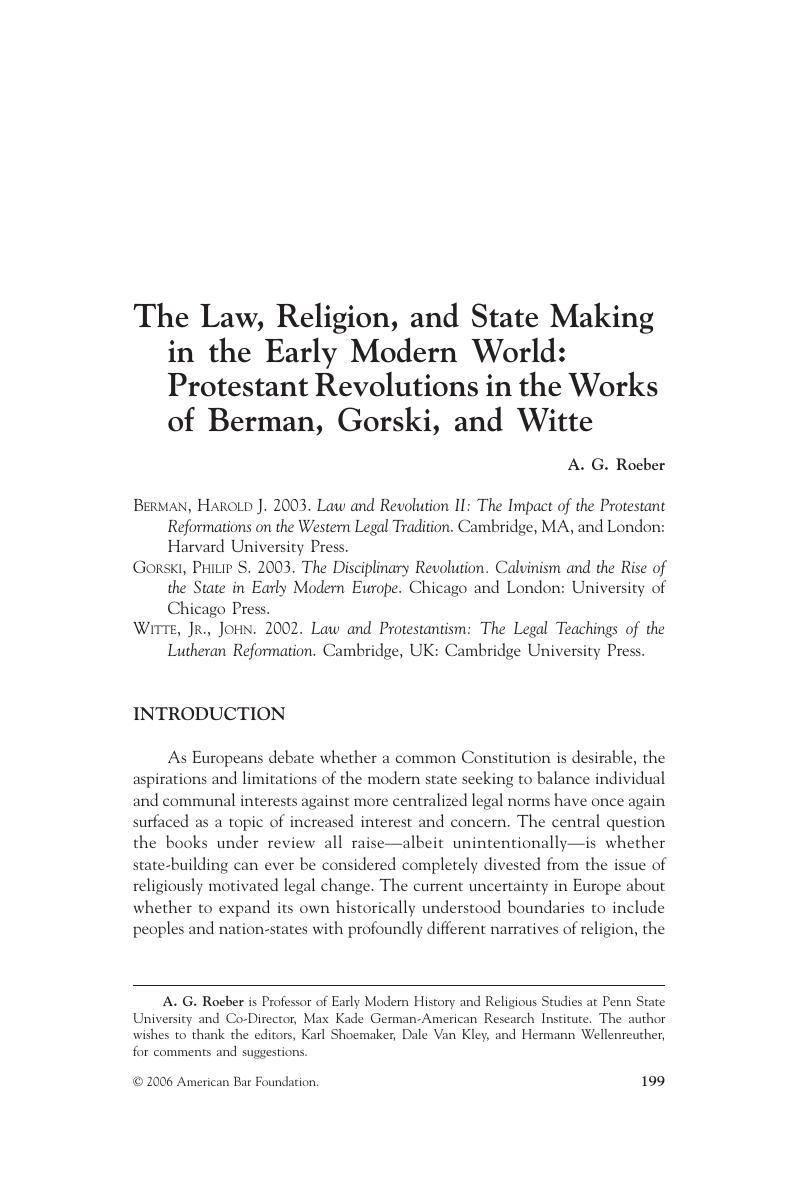Crossref Citations
This article has been cited by the following publications. This list is generated based on data provided by Crossref.
Roeber, A. G.
2010.
The Waters of Rebirth: The Eighteenth Century and Transoceanic Protestant Christianity.
Church History,
Vol. 79,
Issue. 1,
p.
40.



